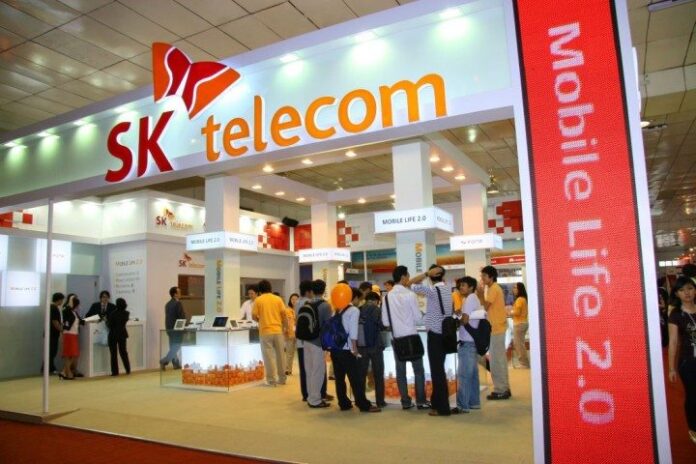SK Telecom recorded a net addition of 1.81 million 5G customers in H1
SK Telecom, South Korea’s largest telecom operator, ended the second quarter of the year with a total of 11.68 million subscribers in the 5G segment, up 51.8% year-on-year, the carrier said in its earnings statement.
During the first half of 2022, SK Telecom recorded a net addition of 1.81 million 5G customers.
At the end of the first half of the year, 5G subscribers accounted for 50% of the carrier’s overall handset subscribers, up from 42% at the end of last year.
The telco ended Q2 with a total of 32.55 million mobile subscribers, climbing 2.9% versus Q2 2021.
In November of 2021, Swedish vendor Ericsson announced a partnership with SK Telecom, with the aim of supporting 5G Standalone networks through the deployment of a cloud-native dual-mode 5G Core.
Ericsson and SK Telecom had initially unveiled next-generation cloud-native 5G Core networks technology, architecture, implementation and operations plans in March 2019. The vendor said that this latest cooperation builds on the existing partnership. According to Ericsson, the dual-mode 5G core is deployed on its bare metal solution, known as Ericsson Cloud Native Infrastructure.
Ericsson had previously provided SK Telecom with 5G radio access network (RAN) equipment and network management system for their commercial 5G network rollout.
The total number of 5G subscribers in South Korea reached nearly 24 million in May, according to the latest available data from the Ministry of Science and ICT.
South Korea was the first country to launch commercial 5G networks in April 2019 and currently has 5G coverage across its 85 cities.
Korean mobile operators have deployed a total of 202,903 5G base stations as of the end of February, according to previous reports. This figure is equivalent to 23% of total 4G LTE base stations installed in South Korea.
Meanwhile, Korean carrier LG Uplus had recently secured an additional 20 megahertz of spectrum to use for 5G.
In July, the Ministry of Science and ICT had said it would allocate the 3.4-3.42 GHz frequency band to LG Uplus, in addition to the 3.42 to 3.5 GHz spectrum that the telecom company bought for KRW809.5 billion won (currently $620.7 million) in 2018. LG Uplus will pay KRW152.1 billion for the additional spectrum.
LG Uplus had asked the Korean government last July for an additional 20 megahertz of spectrum to boost its 5G offerings. In a government spectrum auction in June 2018, rival operators SK Telecom and KT had secured 100 megahertz of spectrum, while LG Uplus had only acquired 80 megahertz.

